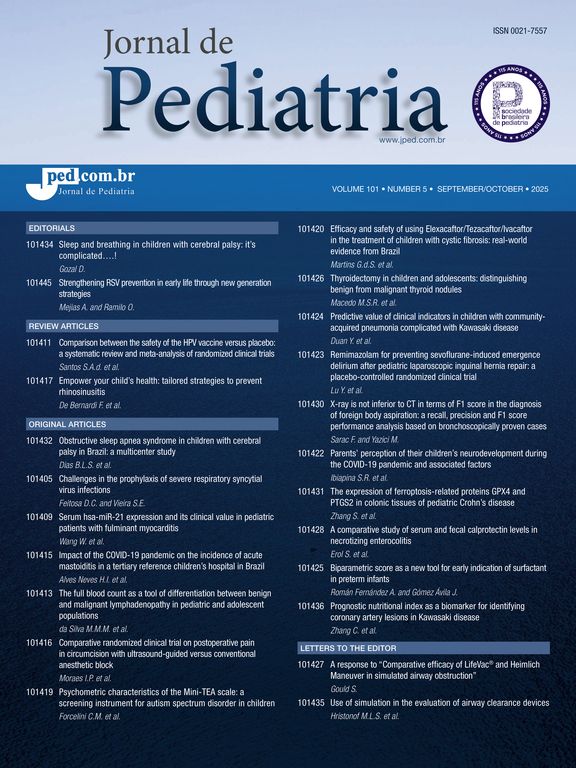Forty seven children (6-14 years), with an acute mild or moderate attack of asthma (clinical score 3 or FEV1 > 50% of the predicted), were treated with terbutaline sulphate, by inhalatory route with a dry powder inhaler (TurbuhalerR - 0,5 mg - group T; N=27, or by a nebulizer 1% solution - in saline - compressed air (6 l/min.) group S; N=20. The children were evaluated at 5, 15, 25 and 30 minutes after the initial treatment. In both groups a significant fall of the clinical score (starting at 15 minutes) (p < 0,05) and a significant improvement of the FEV1, VC and FEF25-75% (starting at 5 minutes), were observed (p < 0,05). There were no significant changes in heart rates, respiratory rates and blood pressure (p > 0,05). At the end of the first treatment, the number of patients with a FEV1 < 80% was similar in both groups (T = 13/27 and S = 10/20). The same treatment was repeated, and all the children showed a marked improvement, except for one boy of the group T was hospitalized. In conclusion, children with mild or moderate acute attacks of asthma can be treated up to a week with an inhalation of dry powder, resulting in adequate bronchodilatation without important side effects.
The Impact Factor measures the average number of citations received in a particular year by papers published in the journal during the two preceding years.
© Clarivate Analytics, Journal Citation Reports 2025
SRJ is a prestige metric based on the idea that not all citations are the same. SJR uses a similar algorithm as the Google page rank; it provides a quantitative and qualitative measure of the journal's impact.
See moreSNIP measures contextual citation impact by wighting citations based on the total number of citations in a subject field.
See more







